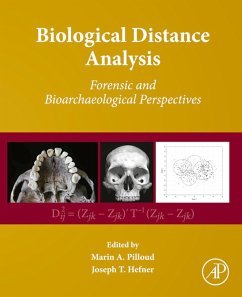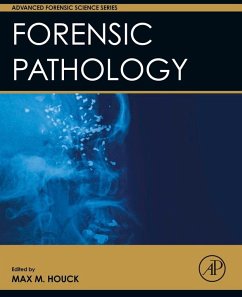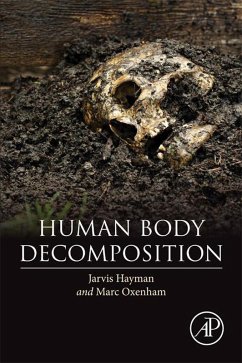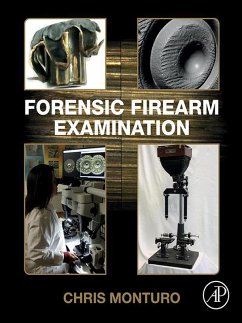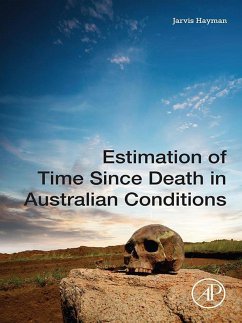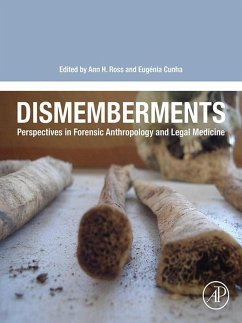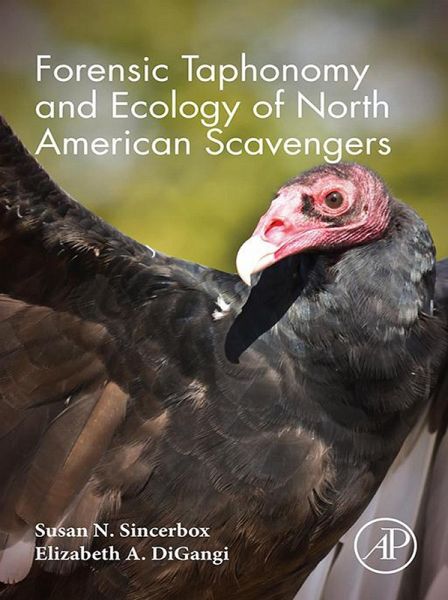
Forensic Taphonomy and Ecology of North American Scavengers (eBook, ePUB)
Versandkostenfrei!
Sofort per Download lieferbar
33,95 €
inkl. MwSt.
Weitere Ausgaben:

PAYBACK Punkte
17 °P sammeln!
Forensic Taphonomy and Ecology of North American Scavengers compiles research on vertebrate scavenging behavior from numerous academic fields, including ecology and forensic anthropology. Scavenging behavior can displace remains from their depositional context, confound postmortem interval estimation, destroy osteological markers, and inflict damage that mimics or disguises perimortem trauma. Consequently, the actions of vertebrate scavengers can significantly impact the medicolegal investigation of human remains. It is therefore critical when interpreting a death scene and its associated evid...
Forensic Taphonomy and Ecology of North American Scavengers compiles research on vertebrate scavenging behavior from numerous academic fields, including ecology and forensic anthropology. Scavenging behavior can displace remains from their depositional context, confound postmortem interval estimation, destroy osteological markers, and inflict damage that mimics or disguises perimortem trauma. Consequently, the actions of vertebrate scavengers can significantly impact the medicolegal investigation of human remains. It is therefore critical when interpreting a death scene and its associated evidence that scavenging be recognized and the possible effects of scavenging behavior considered. This book is an ideal reference for both students and medicolegal professionals, serving as a field manual for the identification of common scavenging species known to modify human remains in North America. In addition, this book presents a framework to guide investigators in optimizing their approach to scavenged cases, promoting more complete recovery of human remains and the accuracy of forensic reconstructions of peri- and postmortem events. - Examines scavenging behavior through an evolutionary and ecological lens, integrating research from diverse fields - Includes brief summaries of the taphonomic signatures and ecological contexts of common or well-studied North American scavenging taxa - Proposes strategies to maximize the recovery of vertebrate-scavenged human remains and improve forensic reconstructions of peri- and postmortem events
Dieser Download kann aus rechtlichen Gründen nur mit Rechnungsadresse in A, B, BG, CY, CZ, D, DK, EW, E, FIN, F, GR, HR, H, IRL, I, LT, L, LR, M, NL, PL, P, R, S, SLO, SK ausgeliefert werden.




